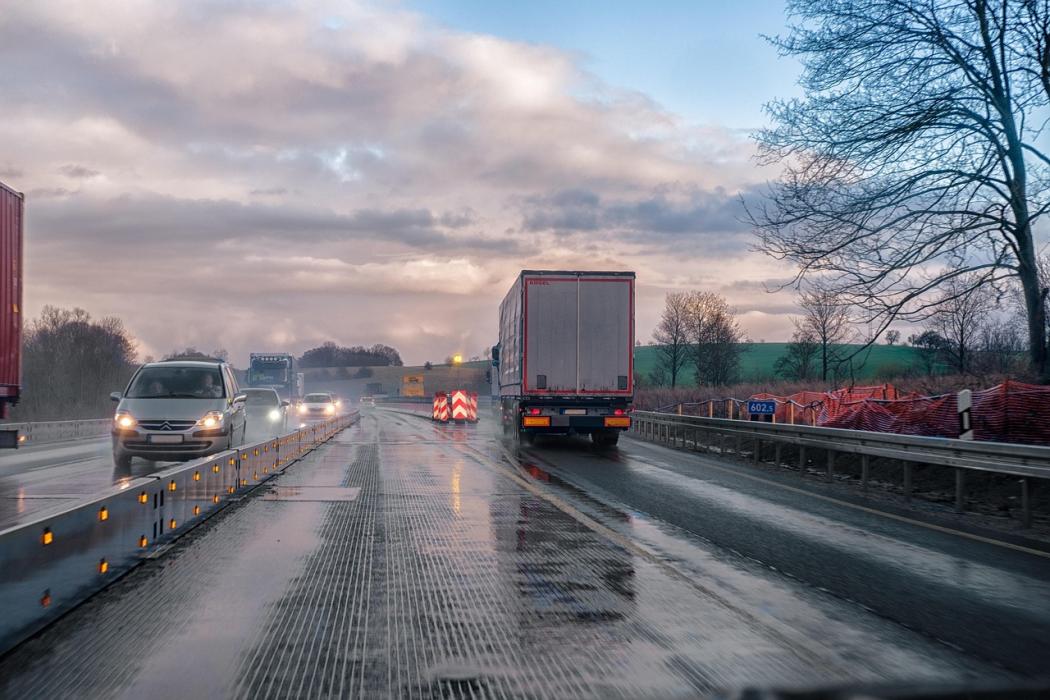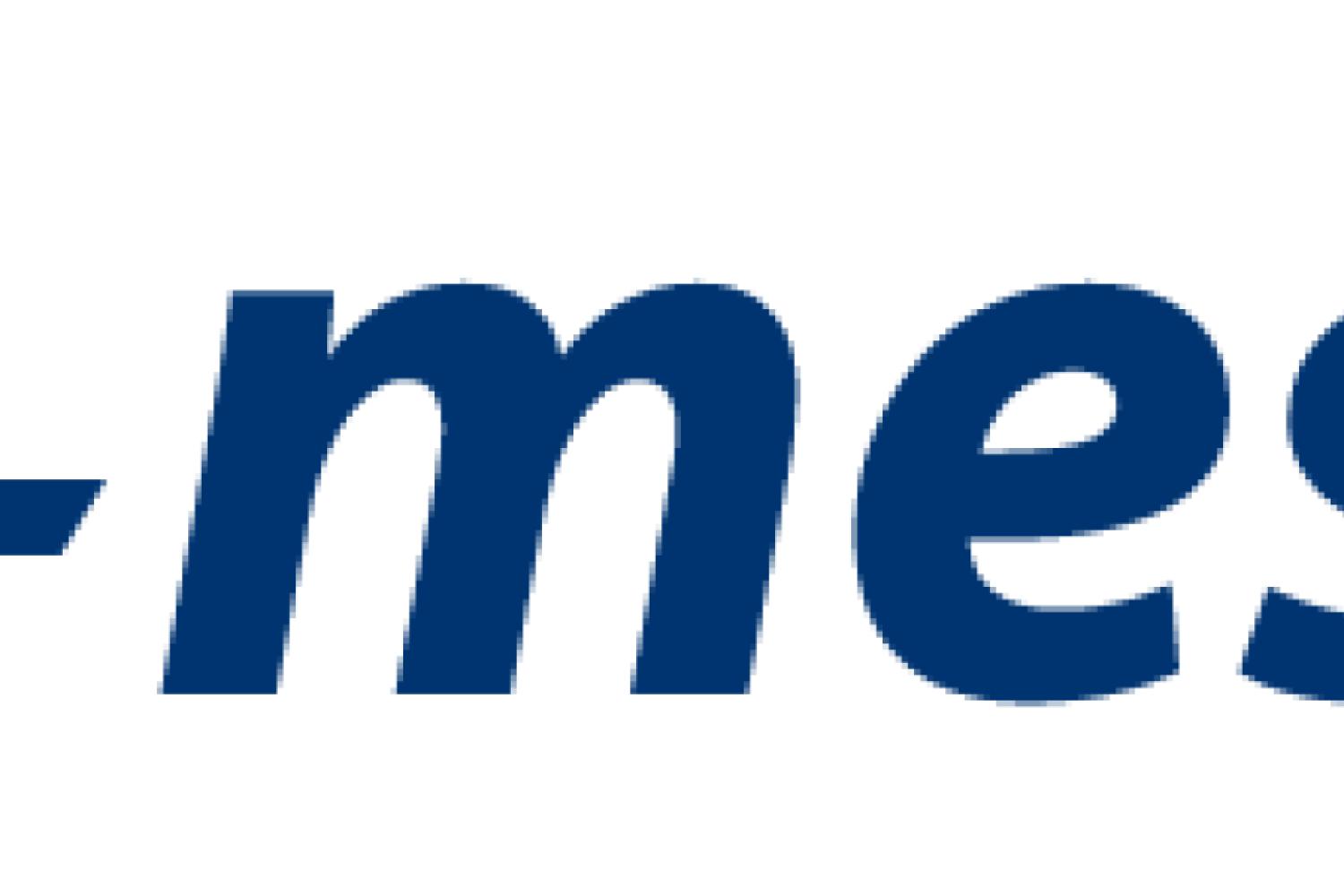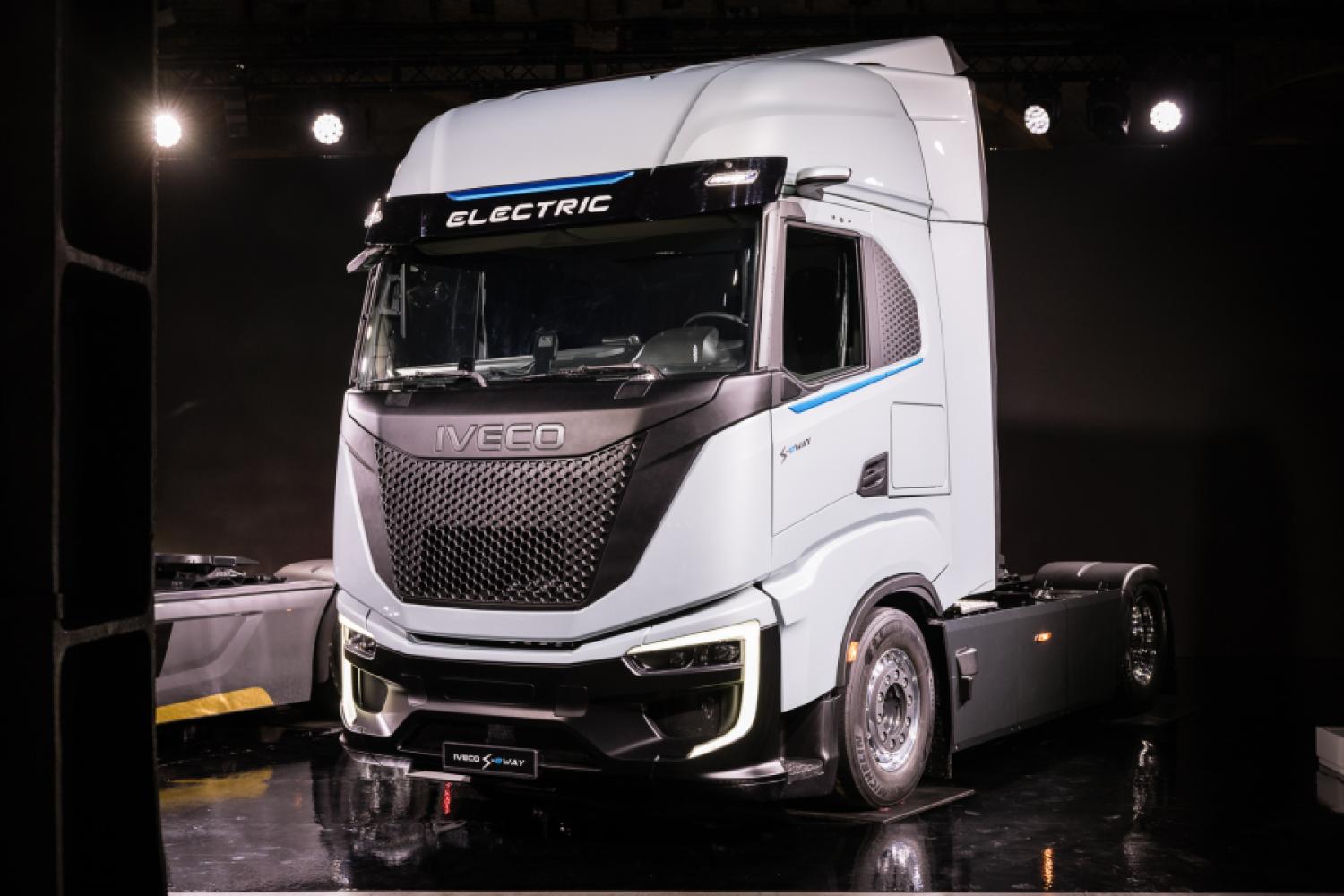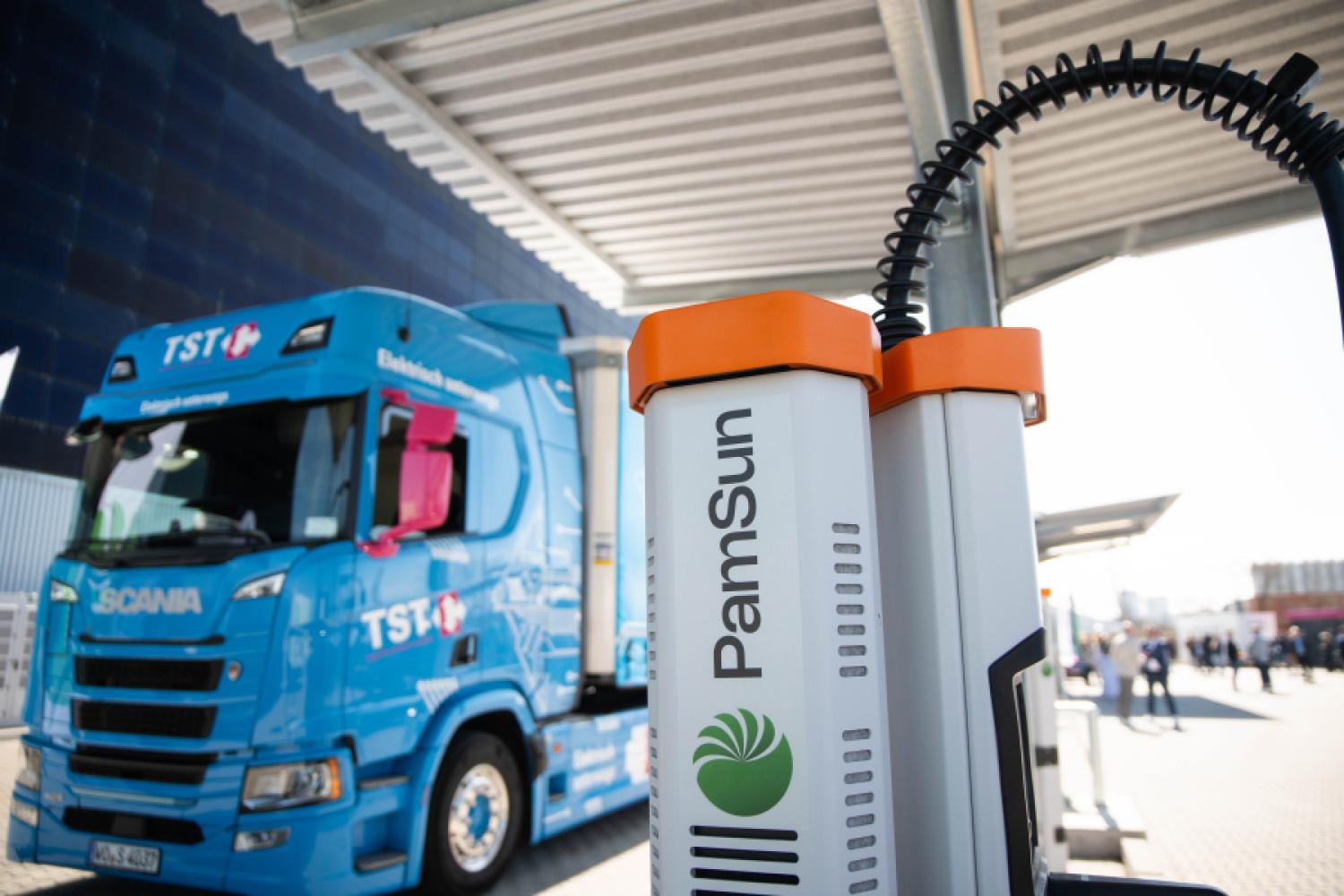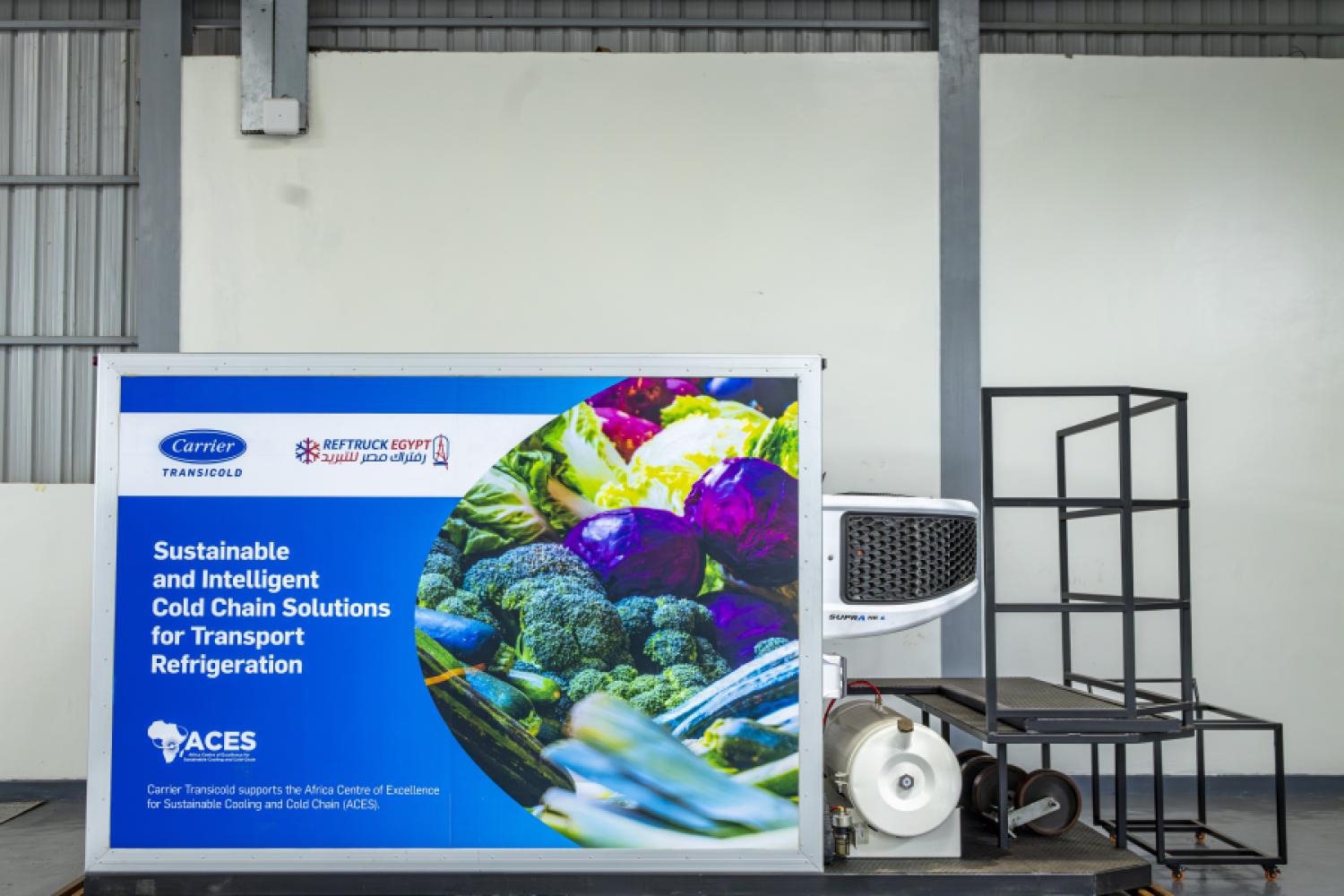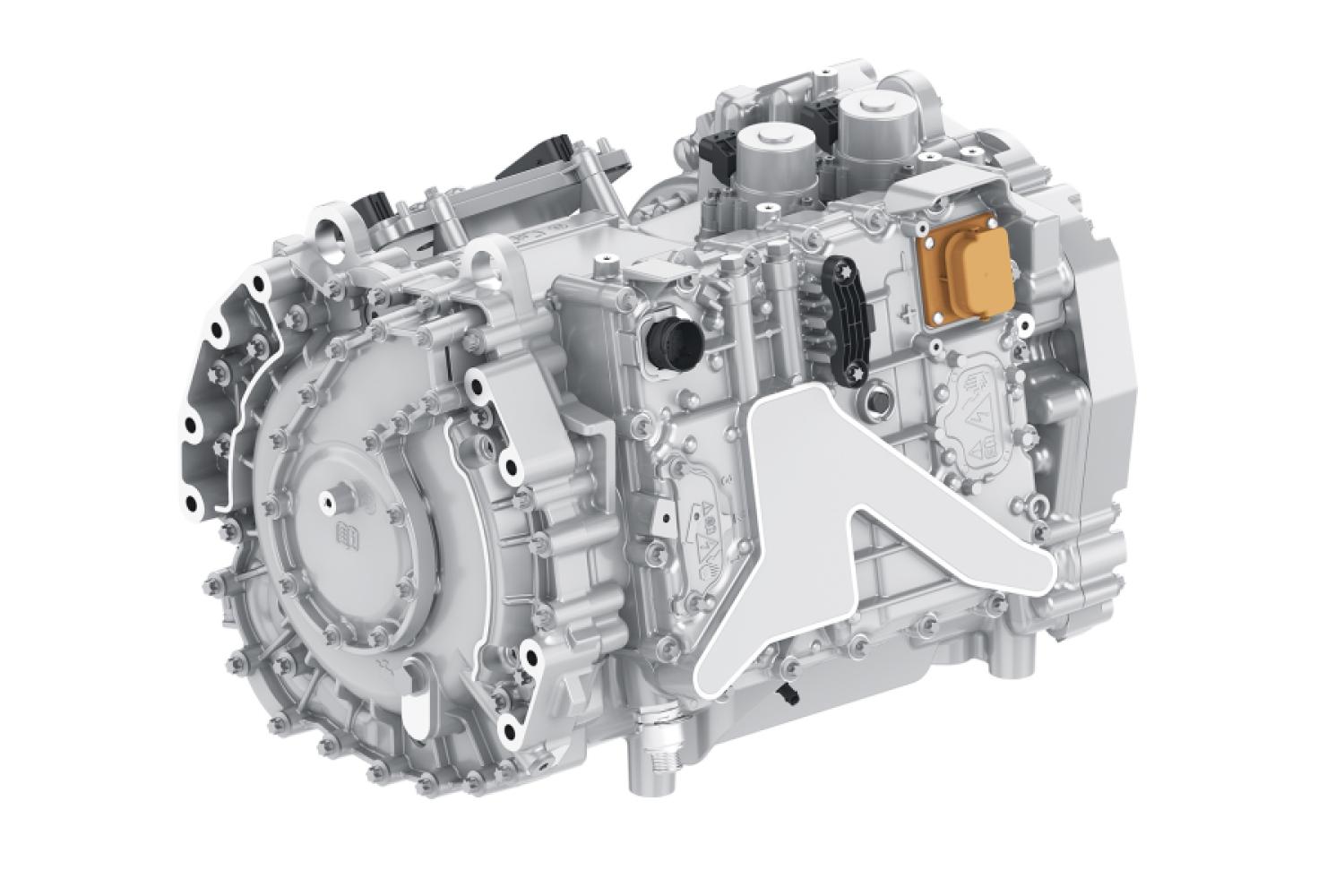The Federal Ministry of Transport (BMV) has moved the work of the Road Freight Transport Commission to the next phase. The task of the committee will be to assess previous measures and develop new proposals to relieve the transport and logistics sector.
The aim, according to a recent press release from the ministry, is to reduce excessive bureaucracy and make road freight transport future-proof. Federal Transport Minister Patrick Schnieder emphasized the economic importance of the sector. Logistics is the "backbone and pacemaker of our economy".
At the same time, he referred to the initiatives agreed in the coalition agreement to reduce bureaucracy and announced that "excessive requirements, for example in connection with the Supply Chain Due Diligence Act", would also be examined. The commission is a "central instrument" in this regard.
His thanks go to the associations "for their commitment and constructive cooperation".
As early as the summer of 2024,
the ministry and industry associations had agreed on a comprehensive package of measures. The final report published in connection with this documents more than 20 initiatives with which the ministry intends to secure the competitiveness of companies and streamline approval and reporting procedures. The commission works under the leadership of the BMV, involving twelve associations from logistics, industry, trade, and freight forwarding.
Combines three funding lines
The central basis of the ongoing implementation is the Immediate Program to relieve the logistics sector, advance environmental and climate protection, which was presented to the then Minister Volker Wissing in April 2024. It combines three funding lines: an expanded toll harmonization program (formerly De-minimis), a trailer promotion for energy-reducing components, and a program for commercial fast charging. According to the final report, a total of around 666 million euros was available for this purpose. According to the report, demand in the industry was
high – all newly released funds were accessed within a short period.
Reduce reporting effort for fleet changes
The Immediate Program is supported by a variety of structural measures. The final report mentions, among other things, the accelerated expansion of charging infrastructure, simplifications in network connections, and the simplification of approval procedures for large and heavy transport. A trial run for automated data transmission from the Federal Motor Transport Authority's register is currently being tested in the traffic company's file. The goal is to reduce the reporting effort for fleet changes.
Other focal points relate to reducing legal hurdles in recruiting foreign drivers. Together with the European Commission, it is being explored how professional driver qualifications from third countries can be more easily recognized. For Ukrainian refugees, the conversion of driving licenses without examination is to be made possible – subject to the approval of the states.
Clear rules for
urban logistics
In urban logistics, clear rules should simplify the establishment of loading zones. A newly introduced traffic sign should facilitate loading and unloading outside of moving traffic. The corresponding amendment to the road traffic regulations was approved by the Federal Council on July 5, 2024, with stipulations.
The commission has also set itself the goal of continuously identifying new approaches for deregulation. These include, among other things, the possible relaxation of the truck driving ban on public holidays, the simplification of funding programs, and Germany's participation in EU negotiations on the Energy Taxation Directive. The BMDV emphasizes that further steps to relieve burdens are planned with the import turnover tax clearing model and a SME-friendly implementation of the EU Supply Chain Directive.
According to the ministry, the implementation of the agreed measures will be consistently pursued. Further information on the commission and the final report can be found on
